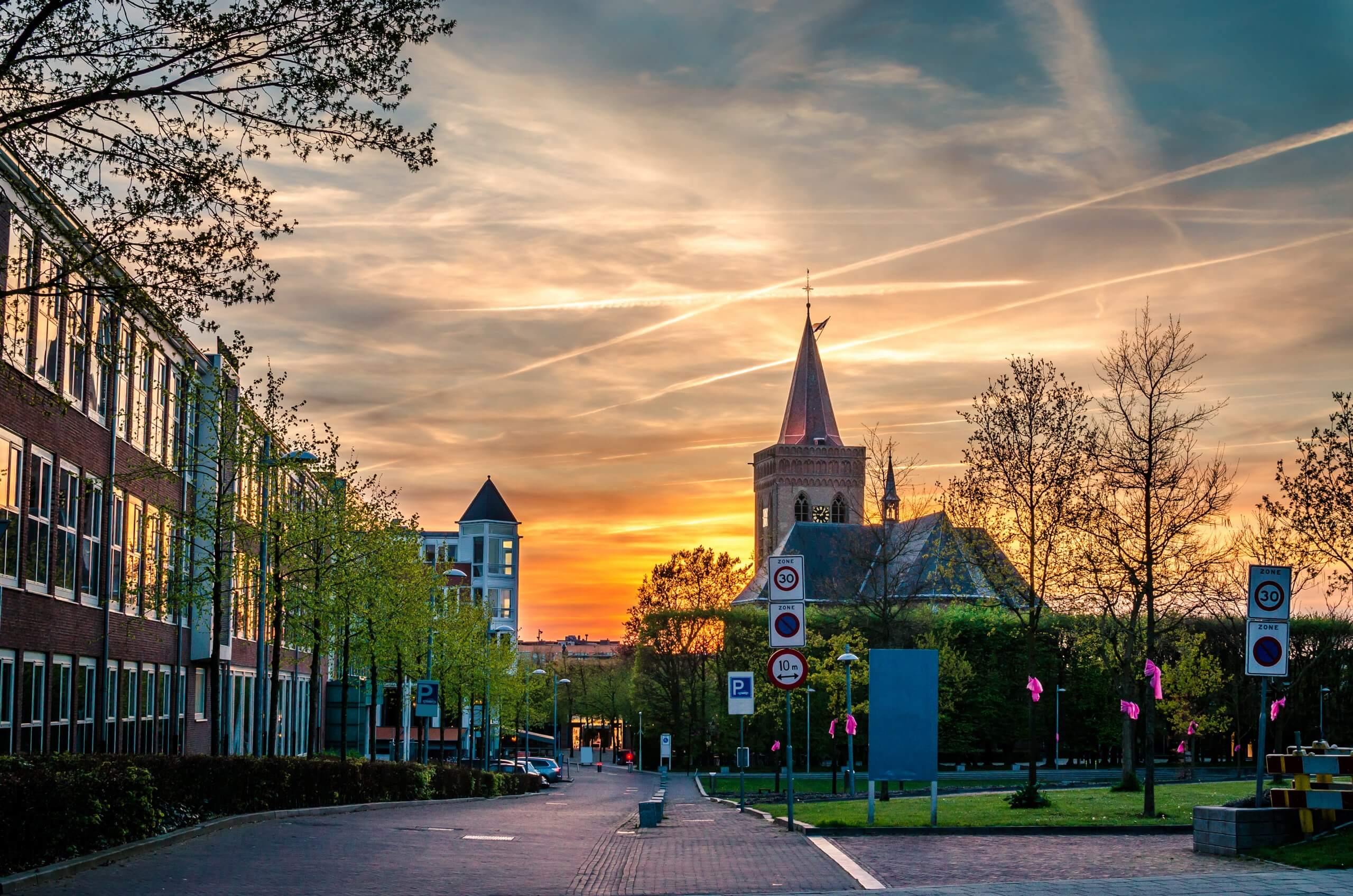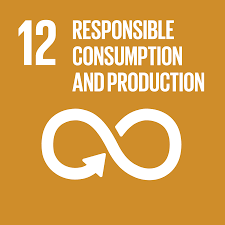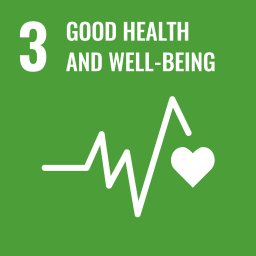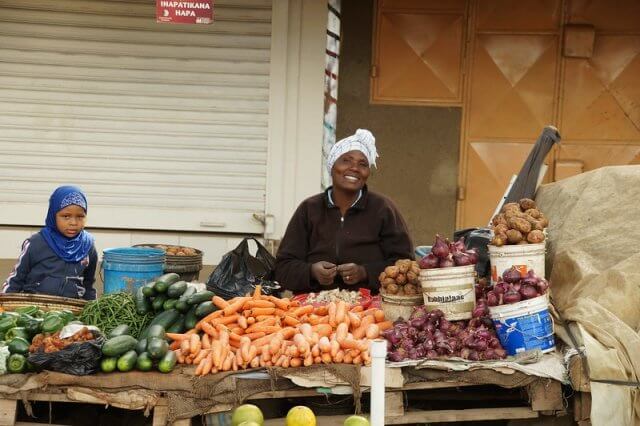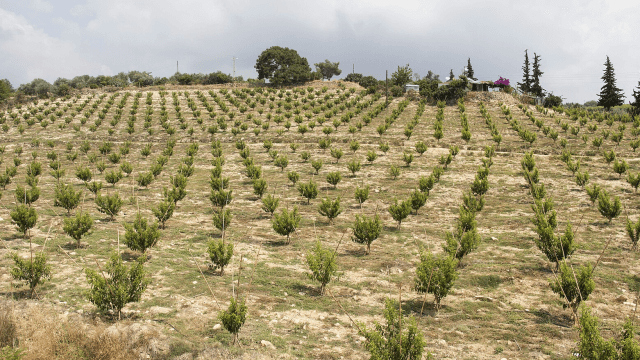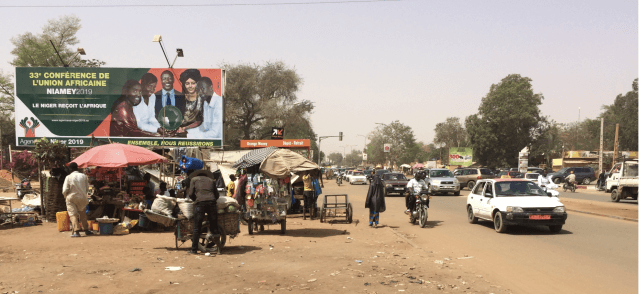The action and its aims
The Food Team in Ede is made up of municipal employees drawn from various departments, who lead the implementation of the city’s Food Strategy across the municipality. The food work of each member is written into their formal job descriptions, even if their main job is not specifically food-related. In total the food team’s capacity is equivalent to five full time employees. The full team meets every six weeks, but the sub-committees – such as on health, and the economy – meet more frequently.
Why it was needed
By having a food team integrated within the city government, Ede seeks to institutionalise food systems work and prevent a scenario where no-one works on food because everyone believes it is someone else’s responsibility.
Who initiated it, who is involved
The team was formed following the formal adoption of the Food Strategy 2015-2020 via a participatory process and allocation of a budget for implementation. It is made up of: an elected official who has food as part of his/her portfolio; a project manager; a food policy adviser; an economic manager; a health manager; two project officers (for health and sustainability); an educational officer; a communications manager; and an administrative assistant. The team may tap other, external expertise as and when the need arises.
Outcome/how it strengthened coordination
Over the years the role of the food team has shifted from primarily agenda-setting to supporting other employees in integrating food issues in their work and transferring tasks. As a result, the food team has grown, but its boundaries have become blurred. Further evolution is expected, but Ede is determined to keep an institutional place for food within the municipality in the form of several food employees.
